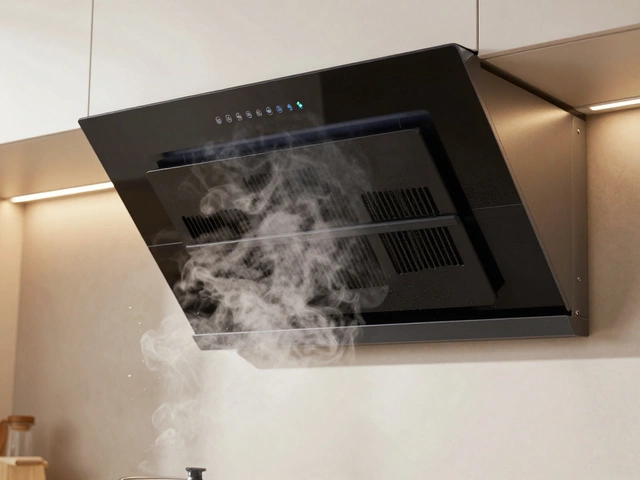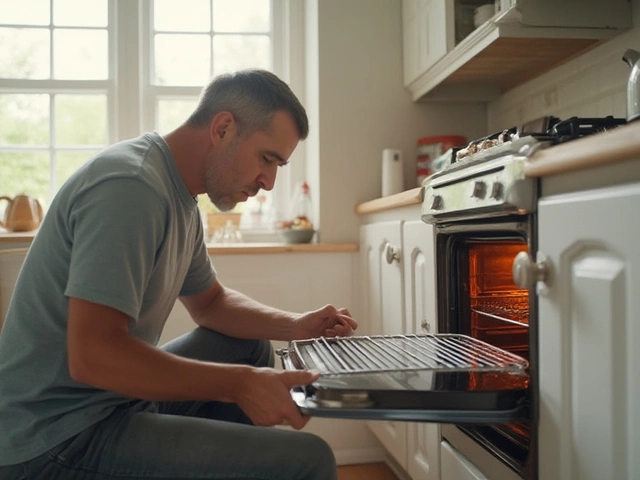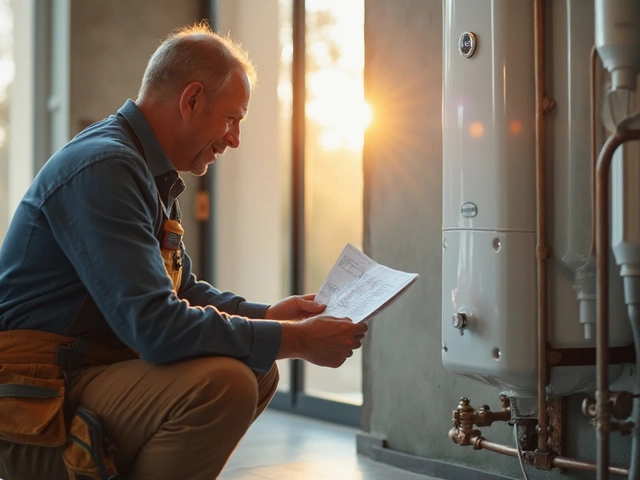Is It OK to Leave an Extractor Fan On? Safety, Energy, and Longevity Explained
December 21 2025Water Heater Maintenance: Keep Your Hot Water Safe and Efficient
If your shower feels lukewarm or your bills are climbing, it might be time to look at your water heater. Regular maintenance isn’t just for the pros – a few simple checks can prevent leaks, extend life, and keep your home safe.
Why Regular Maintenance Matters
Water heaters work under pressure and heat, so wear and tear happens fast. Sediment builds up at the bottom of the tank, reducing heating efficiency and causing noisy operation. A clogged pressure‑relief valve can turn a harmless fault into a dangerous burst. Skipping service also voids many warranties, leaving you to foot the bill for unexpected breakdowns.
When you keep up with maintenance, you get three clear benefits: lower energy bills, fewer emergency repairs, and a longer lifespan for the unit. In most cases a well‑maintained heater lasts 8‑12 years, while neglect can cut that in half.
Simple DIY Checks You Can Do
1. Turn off power and water. Before anything, switch off the electricity at the breaker (or gas supply if you have a gas heater) and shut the cold‑water intake valve. This prevents accidents while you work.
2. Flush the tank. Connect a garden hose to the drain valve at the bottom of the tank, place the other end in a safe drainage area, and open the valve. Let water run until it comes out clear – usually 5‑10 minutes. This clears out sediment that saps heat.
3. Inspect the anode rod. The rod attracts corrosion and protects the tank. If it’s more than 50% eaten away, replace it. A quick visual check can save you from a costly leak later.
4. Test the pressure‑relief valve. Lift the test lever; you should hear a burst of water. If nothing happens, the valve’s stuck and needs replacement.
5. Look for leaks. Check around the tank, the connections, and the bottom of the unit. Even a small drip can become a big problem if ignored.
6. Check the thermostat. Set the temperature to around 120°F (49°C). Higher settings waste energy and increase scald risk.
These tasks take about 30‑45 minutes and don’t require special tools. If anything feels out of scope – like a broken heating element or a corroded gas valve – call a certified gas engineer.
Scheduling a professional service once a year is still a smart move. A qualified engineer will clean the burner, inspect gas lines, and certify that everything meets safety regulations. It’s the safest way to keep the heater running smoothly.
Finally, remember to plan for seasonal changes. In winter, make sure the inlet water isn’t frozen and that the venting system is clear of debris. In summer, a quick visual check can catch early signs of wear before the next heating season rolls around.
By doing these simple checks and pairing them with an annual professional service, you’ll enjoy steady hot water, lower bills, and peace of mind that your water heater is safe for years to come.
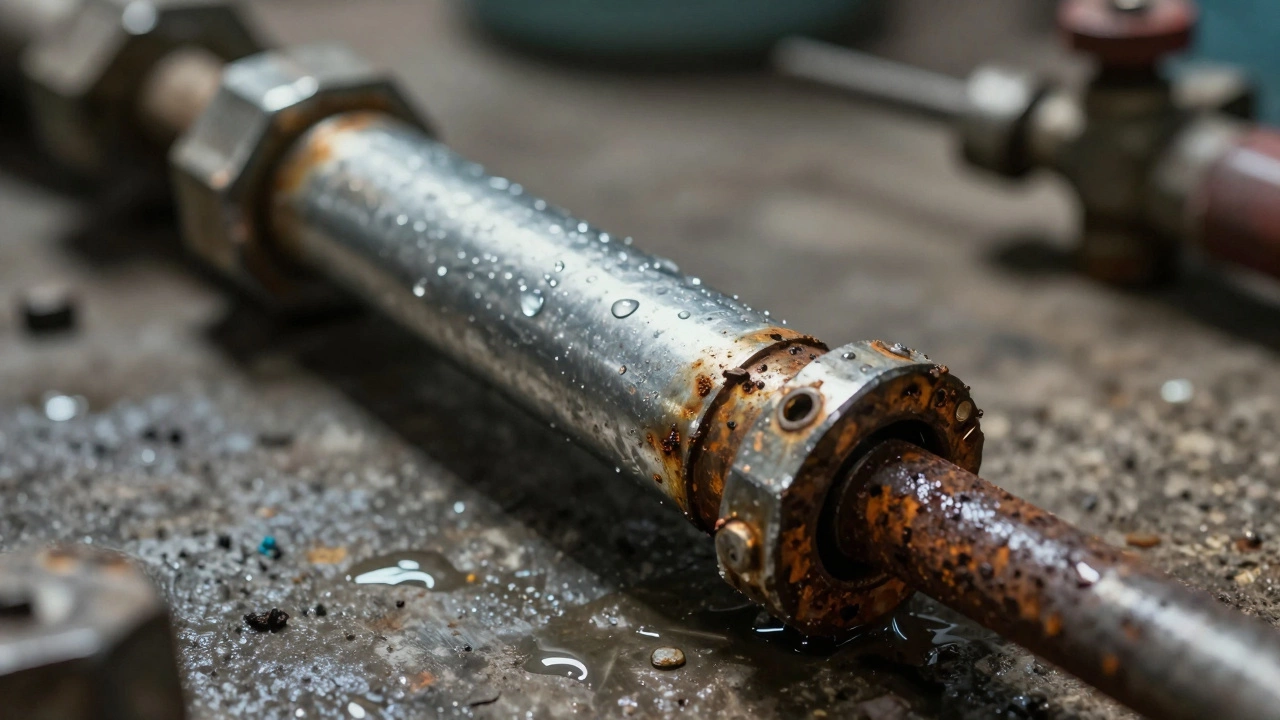 15 Dec
15 Dec
How Often Should You Replace the Anode Rod in a Water Heater?
Replace your water heater's anode rod every 3-5 years to prevent tank corrosion. Check it every 2 years-rusty water or bad smells mean it’s time. A simple fix saves thousands.
Read More...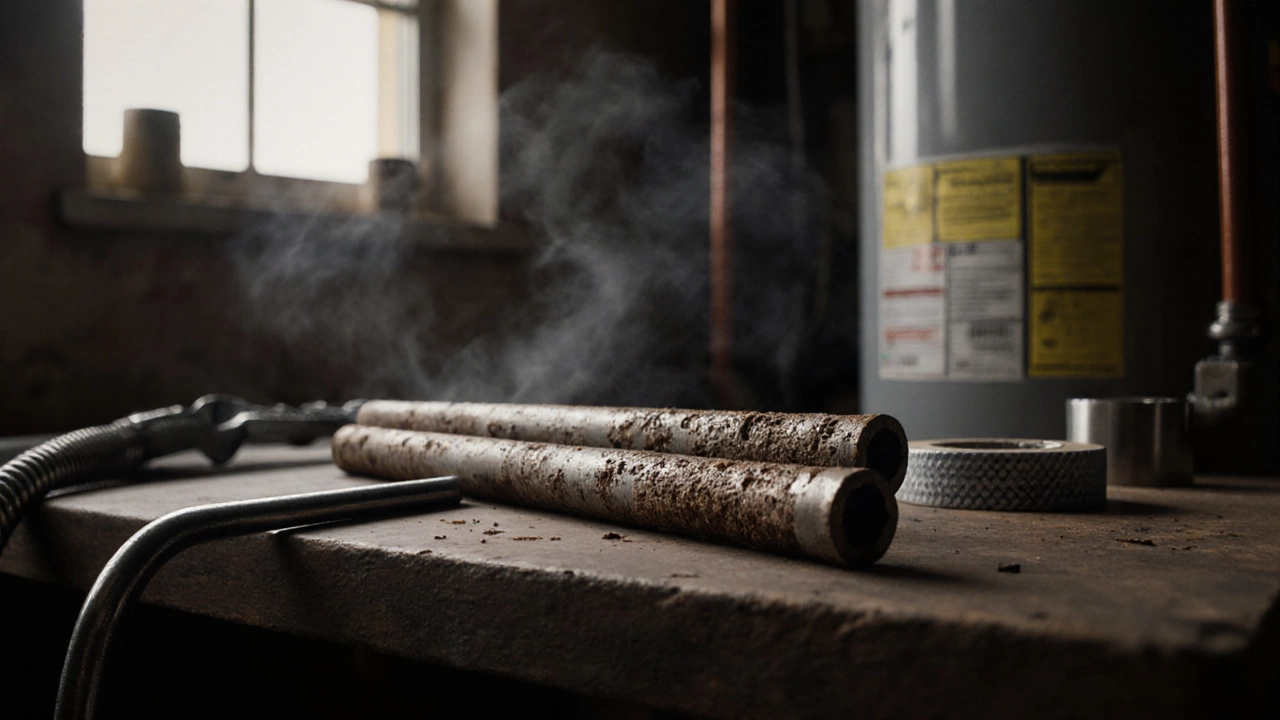 6 Nov
6 Nov
How Much Does It Cost to Replace the Anode Rod in a Water Heater?
Replacing your water heater's anode rod costs $50-$350, depending on whether you DIY or hire a pro. It’s a simple fix that can extend your heater’s life by years and prevent costly leaks.
Read More...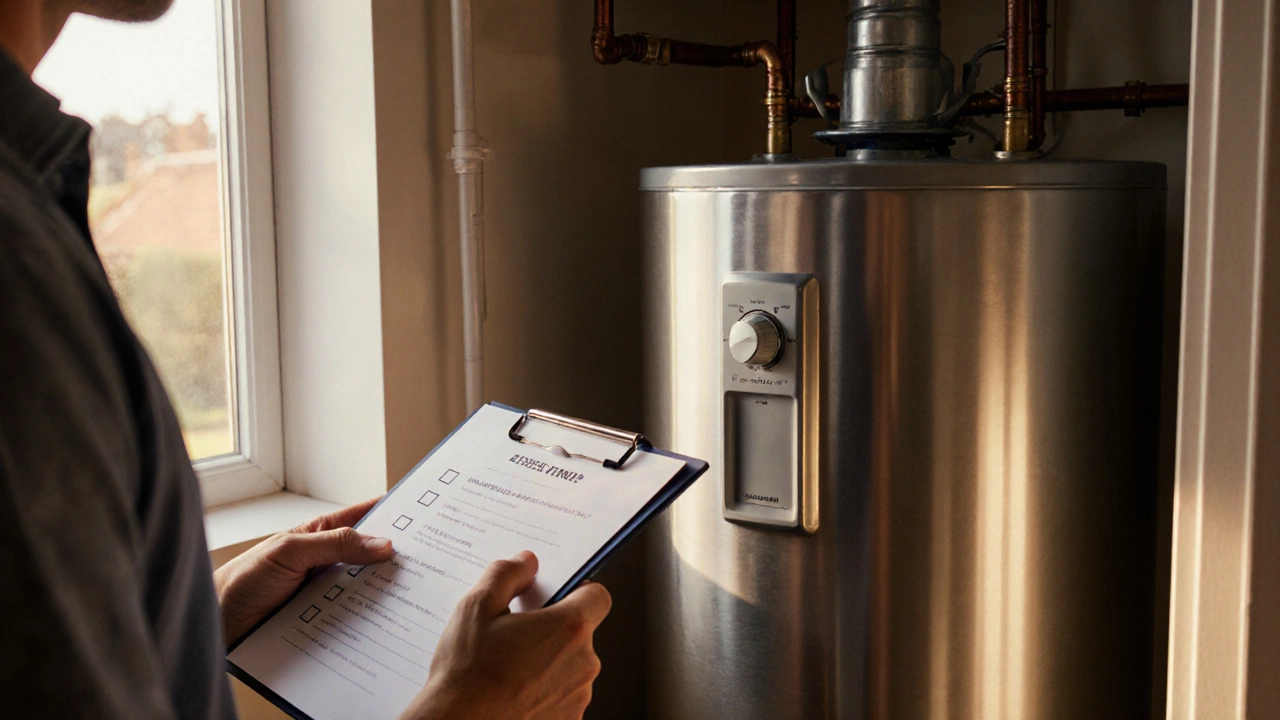 21 Oct
21 Oct
Essential Water Heater Maintenance Checklist to Prevent Costly Repairs
Learn the essential water heater maintenance tasks, how often to do them, and when to call a pro. Extend lifespan, cut energy bills, and avoid unexpected leaks.
Read More... 6 Aug
6 Aug
Flush vs. Drain: The Best Way to Maintain Your Water Heater
Debating whether to flush or drain your water heater? This guide breaks down both methods, benefits, and how to actually boost your heater’s lifespan and efficiency.
Read More... 27 Jun
27 Jun
How Long Should Your Water Heater Last? Lifespan, Signs, and Replacement Tips
Everything you should know about how long a water heater lasts. Discover practical maintenance tips, warning signs, and real facts to help you plan for a replacement.
Read More...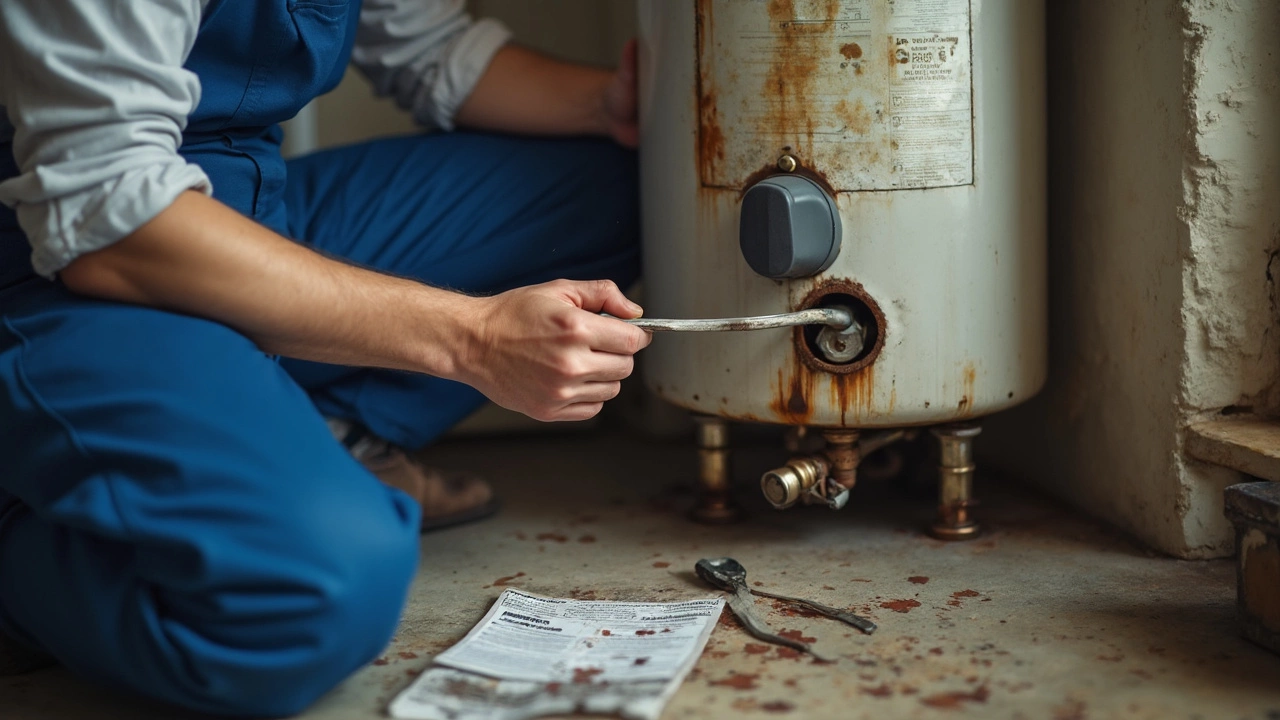 9 May
9 May
Should You Flush a 10 Year Old Water Heater? Essential Facts You Need Before Touching That Valve
Wondering if it's a good idea to flush your old water heater? This article breaks down what actually happens inside a ten-year-old tank, the risks and rewards of flushing it, and how you can keep your hot water running safely. We'll cover the warning signs you can’t ignore, what to do if your heater’s on its last legs, and the simple steps that save you money on costly breakdowns. Get straight talk and real tips—especially if your heater’s still kicking after a decade.
Read More...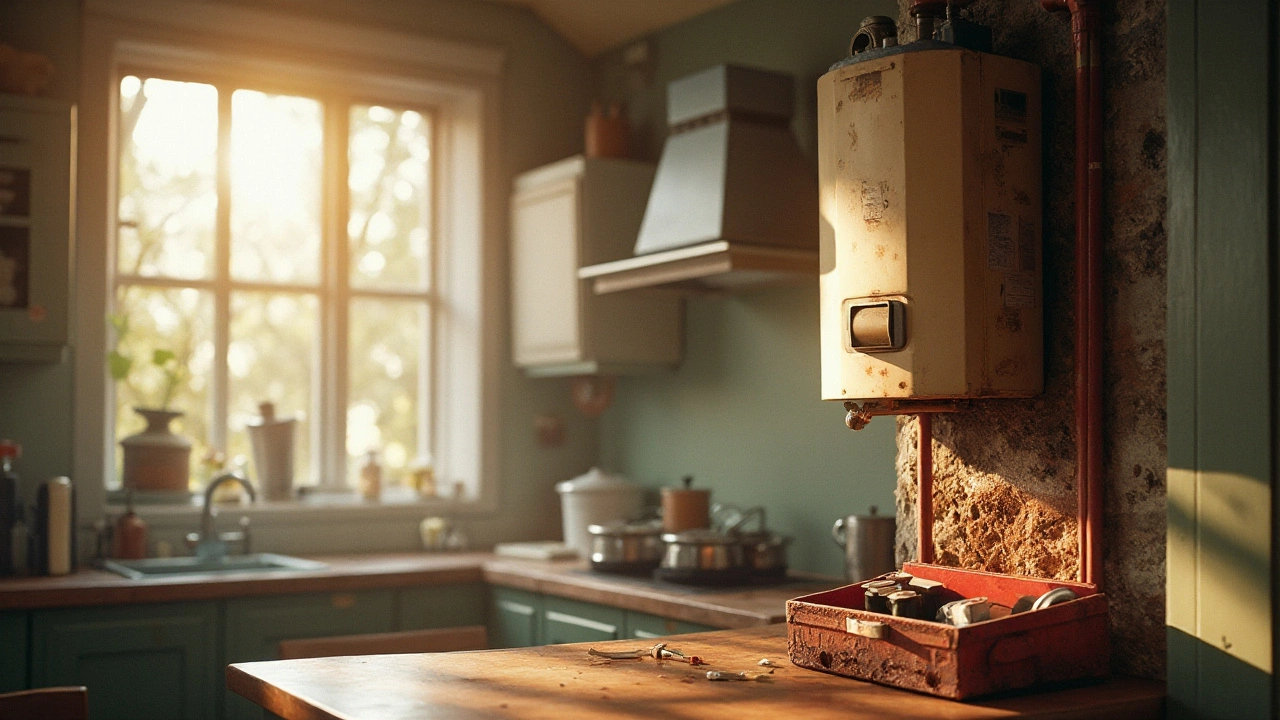 31 Jan
31 Jan
Maximize the Life Expectancy of Your Water Heater with Expert Tips
Water heaters are essential for providing hot water in our homes, but their lifespan can vary greatly based on several factors. In this article, we'll explore the typical lifecycle of a water heater while providing insights into maintenance practices that can extend its life. Learn about the signs of a failing water heater and when it might be time to consider a replacement. Additionally, we'll discuss the benefits of regular maintenance and how to effectively implement it.
Read More...